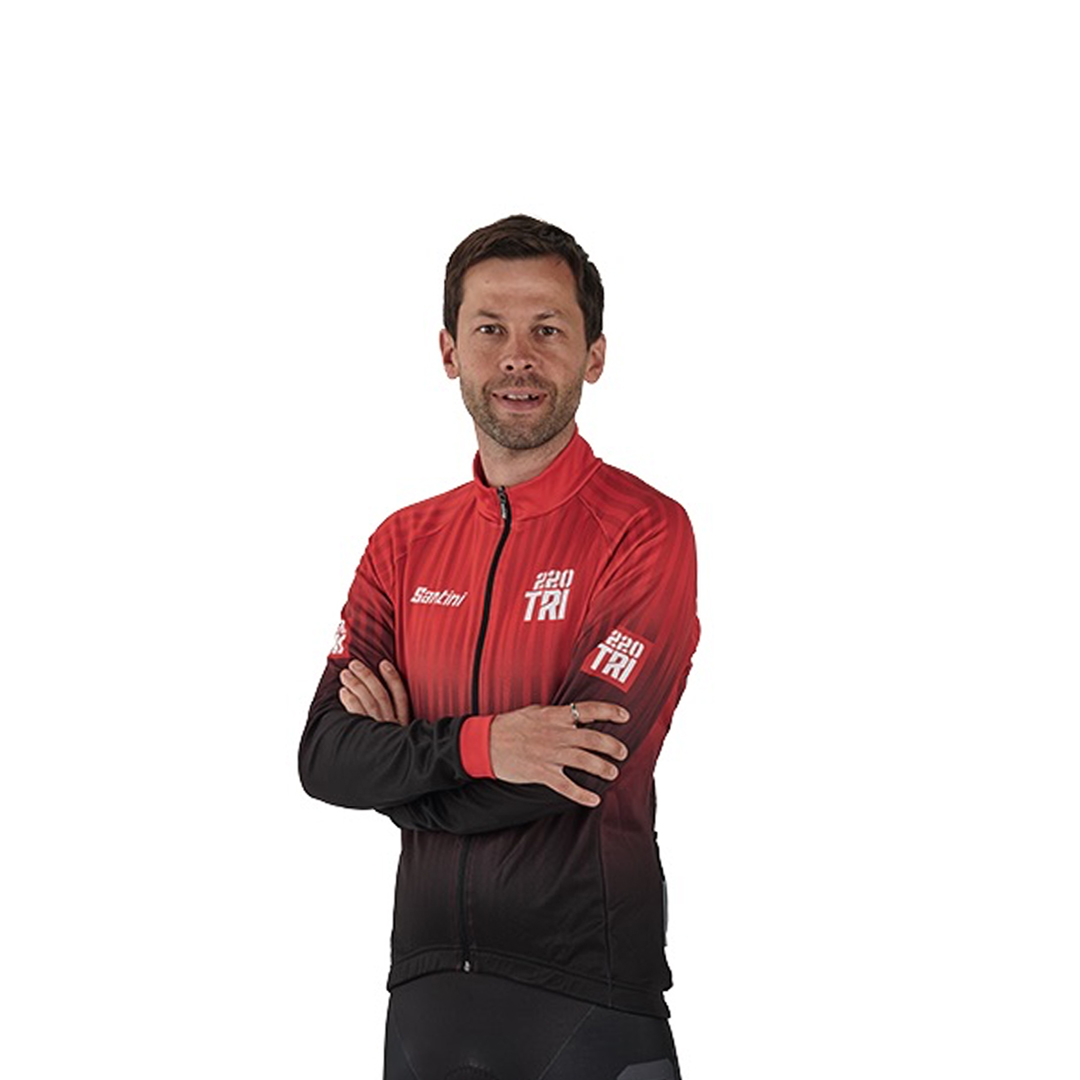Age 54
Age group 50-54
Lives High Wycombe
Profession RAF Warrant Officer
Major results
Silver European Champs 2011, Pontevedra, 2:28:00
Gold Europeans 2010, Athlone, 2:28:00
Gold Aquathlon Worlds, Budapest, 2010
Personal bests
1,500m swim 26-27mins
40km bike 69mins
10km run 43mins
TRAINING
Beverly is self-coached but uses a combination of her own vast experience and the book Serious Training for Endurance Athletes by Rob Sleamaker and Ray Browning for information and inspiration. She usually logs about 12-14hrs training per week and has done so for many years.
“I don’t like change, so stick with what I know works,” she says when we discuss her training philosophy, which follows the familiar winter base/spring speedwork process. She’s mindful of taking an easy week each month and has an easy day every Friday to ensure plenty of recovery.
“Hard work and consistent application” are what Beverly credits as her main secrets of success and, although she keeps a training diary, reckons she rarely refers to it these days.
Andy Blow’s verdict
Consistency and experience play a big part in Beverly’s work, life and sporting triumphs. Having worked with the RAF for 37 years and competed in triathlon for over 20, she can draw upon a depth of fitness that only comes with a huge amount of time invested in training and racing.
Prior to starting triathlon she was also a competitive rower – a sport that also builds a great level of aerobic fitness – so she probably has over 25 years of relevant training ‘in the bank’.
The big lesson anyone can learn from Beverly’s example is that, as she says, “application and hard work” over a long period of time is the best way to achieve success in endurance sports. A healthy attitude towards recovery with an easy day each week, a few weeks easy at the end of the season and periodised training also facilitate consistency by reducing injury and over-training risk, avoiding unnecessary interruptions to progress.
LIFESTYLE
Without a family to distract her attentions away from triathlon, Beverly can be quite focused and, in her own words, “a little selfish” when it comes to training and racing commitments. She says that triathlon is a massive part of her life and, when she retires from the RAF soon, is going to work in the fitness industry.
Blow’s verdict
Being able to focus on number one is often an advantage when you’re in training for any endurance sport, as the sheer amount of hours you need to prepare can be tough to fit in around other commitments.
While many people with families do manage to successfully fit everything into their schedules, it can sometimes come at the expense of others or your own recovery time – something that may not always be sustainable in the long run.
NUTRITION
“I turned vegetarian when it was the thing to do many years ago. I’ve stuck with it and it seems to work for me,” says Beverly about her day-to-day nutrition.
A good meat-free diet is supplemented by iron and vitamin C tablets, plus “a fair bit of red wine and chocolate”, which Beverly cites as her main vice and treat when she does well. Pizza and pasta are her usual pre-race meals, while a black coffee and banana is all she needs for breakfast before a race.
Blow’s verdict
Being vegetarian can be a challenge for athletes when it comes to meeting the relatively high requirements for protein that are needed to repair muscles in training. But having been hugely successful for over 20 years with this approach, it’s probably safe to say it works for Beverly!
A healthy amount of red wine and chocolate shows a fairly relaxed approach to nutrition that probably helps her maintain consistency. A little of what you like tends to be a good thing in the long term, as being excessively strict can result in falling off the wagon big time for most of us.
GEAR
As with her training programme, Beverly prefers tried and tested rather than flashy and new when it comes to gear. She has recently invested in a tri-specific TT bike – an aluminium Giant Trinity with Shimano Ultegra – but had her previous road bike for six years without an upgrade.
She swims in an Orca Apex suit from a couple of years ago and runs in Saucony shoes. Despite owning a GPS and heart rate monitor, they spend more time in the drawer than out on the roads.
Blow’s verdict
Beverly proves what most of us intuitively know anyway – that training consistently and being comfortable with your kit and equipment is more critical to attaining top performance than spending huge sums of cash on gear.
Her experience also allows her to leave the heart rate monitor and GPS at home most of the time. However, less experienced athletes may benefit from the feedback these devices offer, as they help massively when learning about pacing and controlling effort in training and races.
BEVERLY’S TRAINING PLAN
During the race season, Beverly follows this programme…
Mon
Swim followed by a run
Tues
Swim followed by a bike ride
Wed
Bike followed by a run
Thurs
Swim followed by a run
Fri
Swim-only; rest/recovery day
Sat
‘Tri morning’: swim session 7am-8am, then a spin session from 8am-9am, followed by a run from 9am-10am
Sun
Group bike ride
WEEKLY TRAINING TIME
12-14hrs
